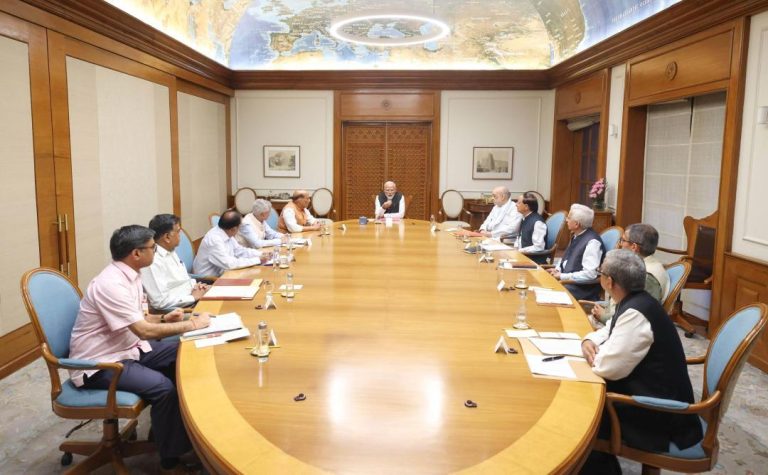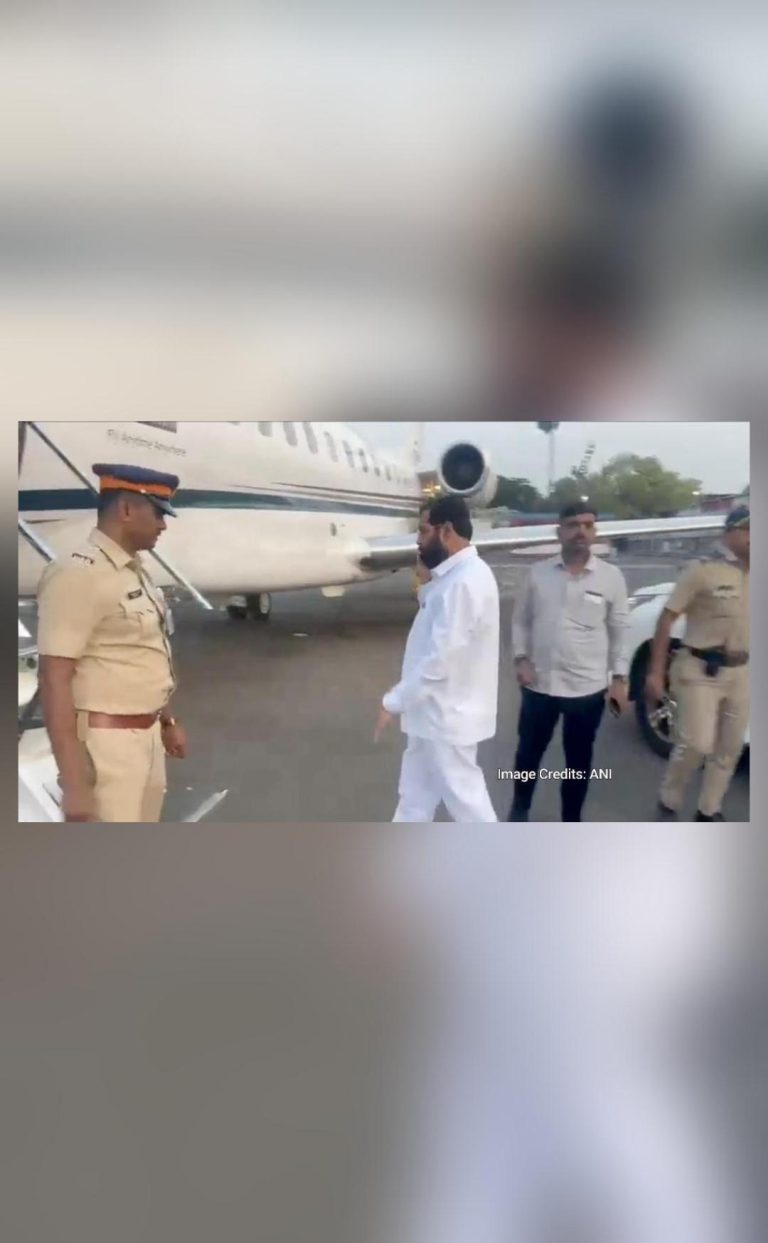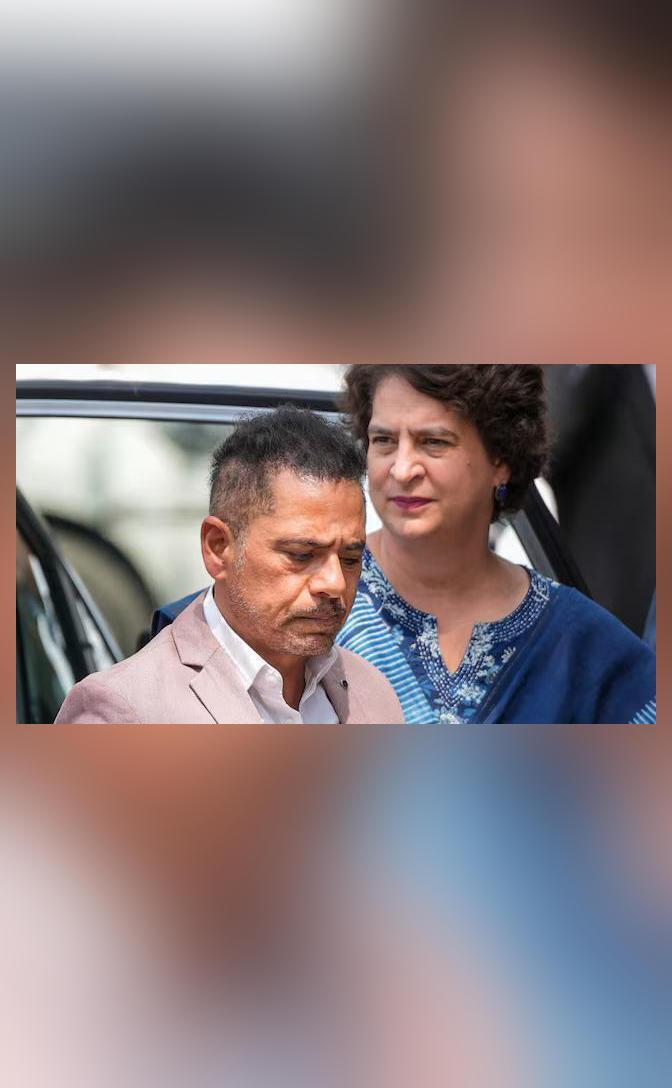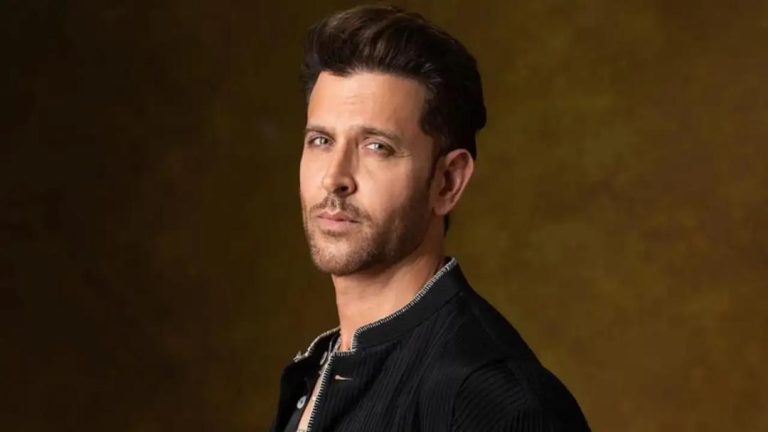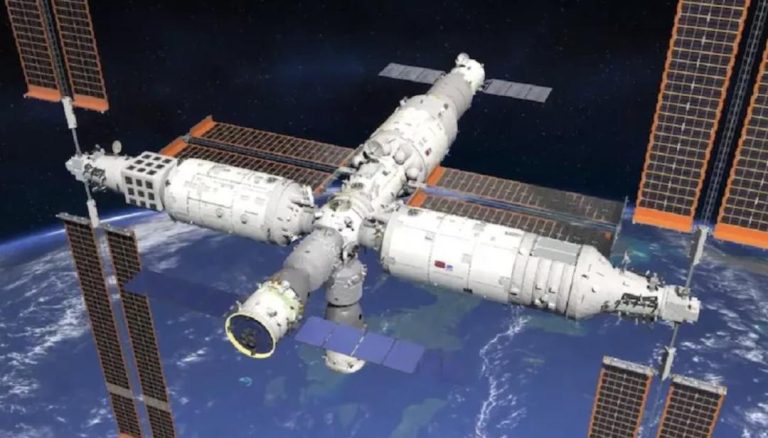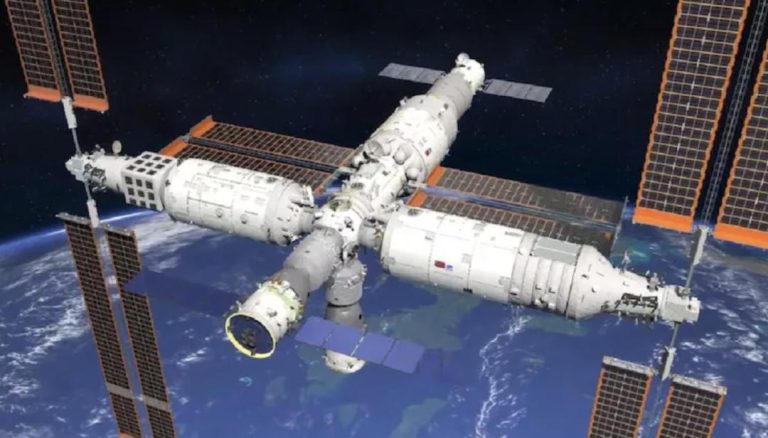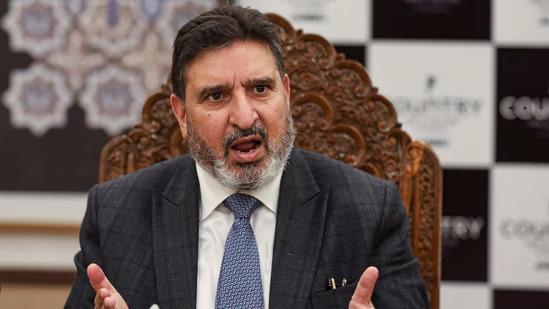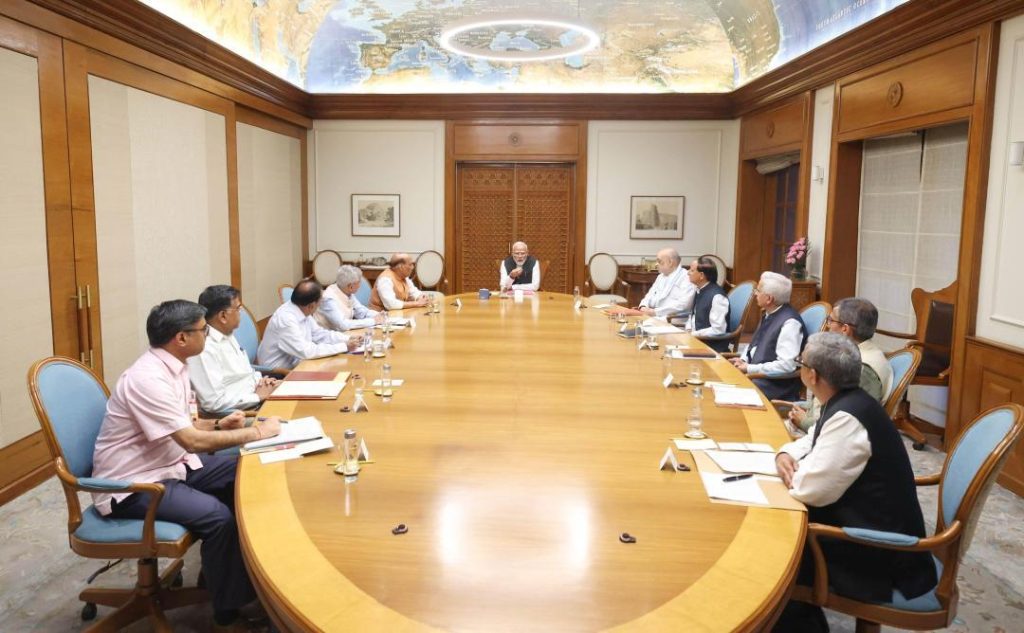
Top-level Meeting on Security Begins at PM Modi’s Residence, Day After J&K Terror Attack
India is reeling in shock and grief after a gruesome terror attack in Pahalgam, Jammu and Kashmir, left at least 26 tourists dead and several others injured. The incident has sent shockwaves across the country, prompting the government to spring into action. In a significant development, the Cabinet Committee on Security (CCS) held an emergency meeting at Prime Minister Narendra Modi’s residence in Delhi on Wednesday, just a day after the attack.
The high-level meeting was attended by key officials, including Home Minister Amit Shah, Defence Minister Rajnath Singh, and National Security Adviser Ajit Doval. The meeting was convened to discuss the security situation in the country, particularly in the aftermath of the Pahalgam attack, and to take stock of the measures being taken to prevent such incidents in the future.
The meeting comes at a critical juncture, with the country still reeling from the aftermath of the attack. The incident has sparked widespread outrage and condemnation, with leaders across the political spectrum condemning the violence and expressing solidarity with the families of the victims.
According to sources, the CCS meeting was a detailed discussion of the security situation in Jammu and Kashmir and the measures being taken to prevent such attacks in the future. The meeting is believed to have focused on the role of intelligence agencies, particularly the Intelligence Bureau (IB) and the Research and Analysis Wing (R&AW), in gathering and sharing information related to the attack.
The meeting also discussed the role of the security forces, including the Indian Army, the Central Reserve Police Force (CRPF), and the Jammu and Kashmir Police, in preventing and responding to the attack. The officials are believed to have reviewed the security arrangements in place in Pahalgam and other tourist destinations in Jammu and Kashmir, with a view to strengthening them.
Home Minister Amit Shah, who returned from Jammu and Kashmir on Wednesday evening, is believed to have played a key role in the meeting. Shah had visited the state earlier in the day to review the situation and meet with the families of the victims.
The CCS meeting is seen as a significant development, as it underscores the government’s commitment to taking decisive action to prevent and respond to terror attacks in the country. The meeting is also seen as a reflection of the government’s willingness to take a comprehensive approach to dealing with the security situation in Jammu and Kashmir, which has been plagued by terrorism and insurgency for decades.
The Pahalgam attack has raised several questions about the security arrangements in place in the state, particularly in tourist destinations. The incident has also sparked concerns about the ability of the security forces to respond effectively to such attacks, given the challenging terrain and the presence of multiple militant groups in the state.
In the aftermath of the attack, the government has launched a massive crackdown on militant groups in Jammu and Kashmir, with security forces conducting widespread searches and arresting several suspects. The government has also announced plans to increase the deployment of security forces in the state, with a view to preventing future attacks.
The Pahalgam attack is the latest in a series of terror attacks in Jammu and Kashmir, which have claimed the lives of hundreds of people in recent years. The attack has sent shockwaves across the country, prompting widespread condemnation and outrage.
As the country continues to grapple with the aftermath of the attack, the CCS meeting is seen as a significant step towards addressing the security situation in Jammu and Kashmir. The meeting is also seen as a reflection of the government’s commitment to taking decisive action to prevent and respond to terror attacks in the country.
Source: https://x.com/airnewsalerts/status/1915027030753808585
